With the demand for plant-based meat and dairy alternatives growing worldwide, it’s no wonder that small startups and global food companies alike are positioning themselves to supply the goods. The latest company to join the trend is Unilever, which is setting a goal of achieving $1.2 billion (€1 billion) in sales from plant-based meat and dairy products in the next five to seven years.
As one of the largest and most profitable global food companies in 2020, it’s not surprising that the Netherlands-based conglomerate is seeking to accelerate its plant-based innovation. The president of Unilever’s Foods and Refreshments division, Hanneke Faber, noted in a company statement that this goal stems from Unilever’s “responsibility to help shape a global food system that is fair for everyone.”
The ambitious sales target will be achieved through both existing offerings of brands Unilever already owns — including Hellman’s vegan mayonnaise, Ben and Jerry’s non-dairy ice creams and The Vegetarian Butcher products — as well as potential new ones. Some revenue may also come from the sale of Burger King’s plant-based Whopper and nuggets in Europe, Africa and parts of Asia, as the brand was chosen as Burger King’s supplier last year.
The target is part of Unilever’s new “Future Foods” initiative, which the company says aims to help people make healthier choices as well as reduce the environmental impact of the supply chain. It will accomplish these goals by doubling the number of products delivering positive nutrition and halving food waste across its operations, both by 2025.
Also mirroring the shift in consumers’ diets is Ikea, which recently announced its plan to increase plant-based food options. While the Swedish company is most well-known for its furniture, it also operates what might be the world’s largest self-serve cafeteria. As such, Ikea has committed to making half of its meals plant-based by 2025.
Like Unilever, Ikea’s new food commitments are being rolled out to inspire healthier and more sustainable choices. In addition to offering more plant-based meals, Ikea also plans to make 80 percent of all its packaged food, and 80 percent of all main meals offered in its restaurants, plant-based to fulfill Ikea’s Balanced Meal norms.
Several months ago, Ikea introduced its newest plant-based product, the plant ball— an alternative to it’s famous Swedish meatballs. Made from pea protein, oats, potatoes, apples and onions, the meatless meatballs have a substantially lower climate footprint than its meat-containing counterpart at just four percent carbon emissions.
According to research from Barclays, the global plant-based food and drink market could reach $140 billion by 2029. In the coming year, more and more global food suppliers will likely set similar plant-based goals. It’s a move that would not only benefit consumers, but help companies generate additional revenue.

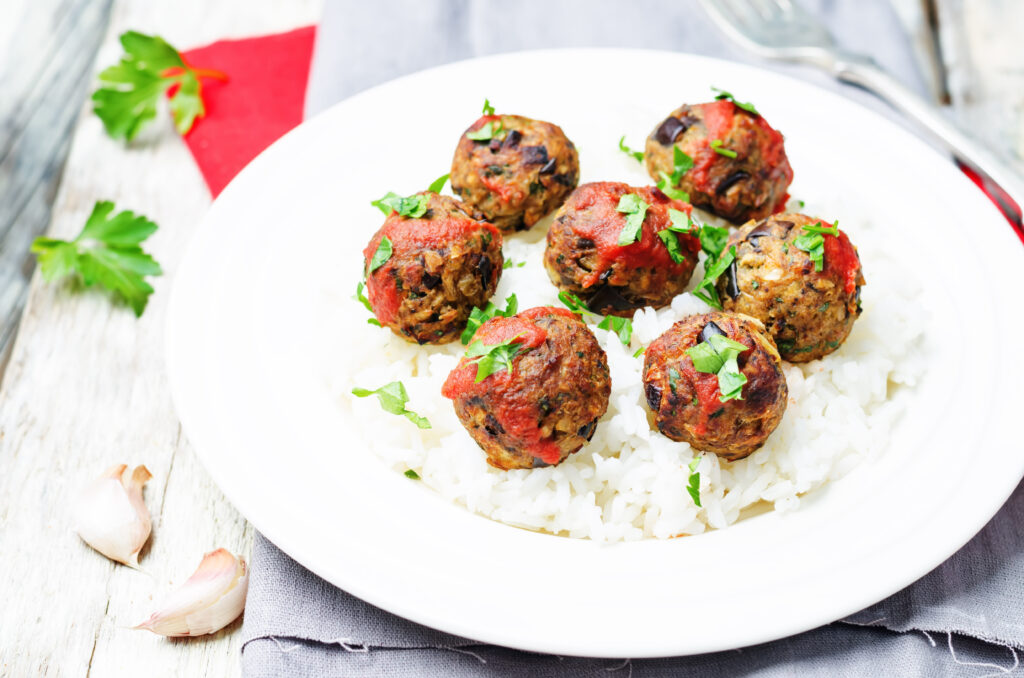
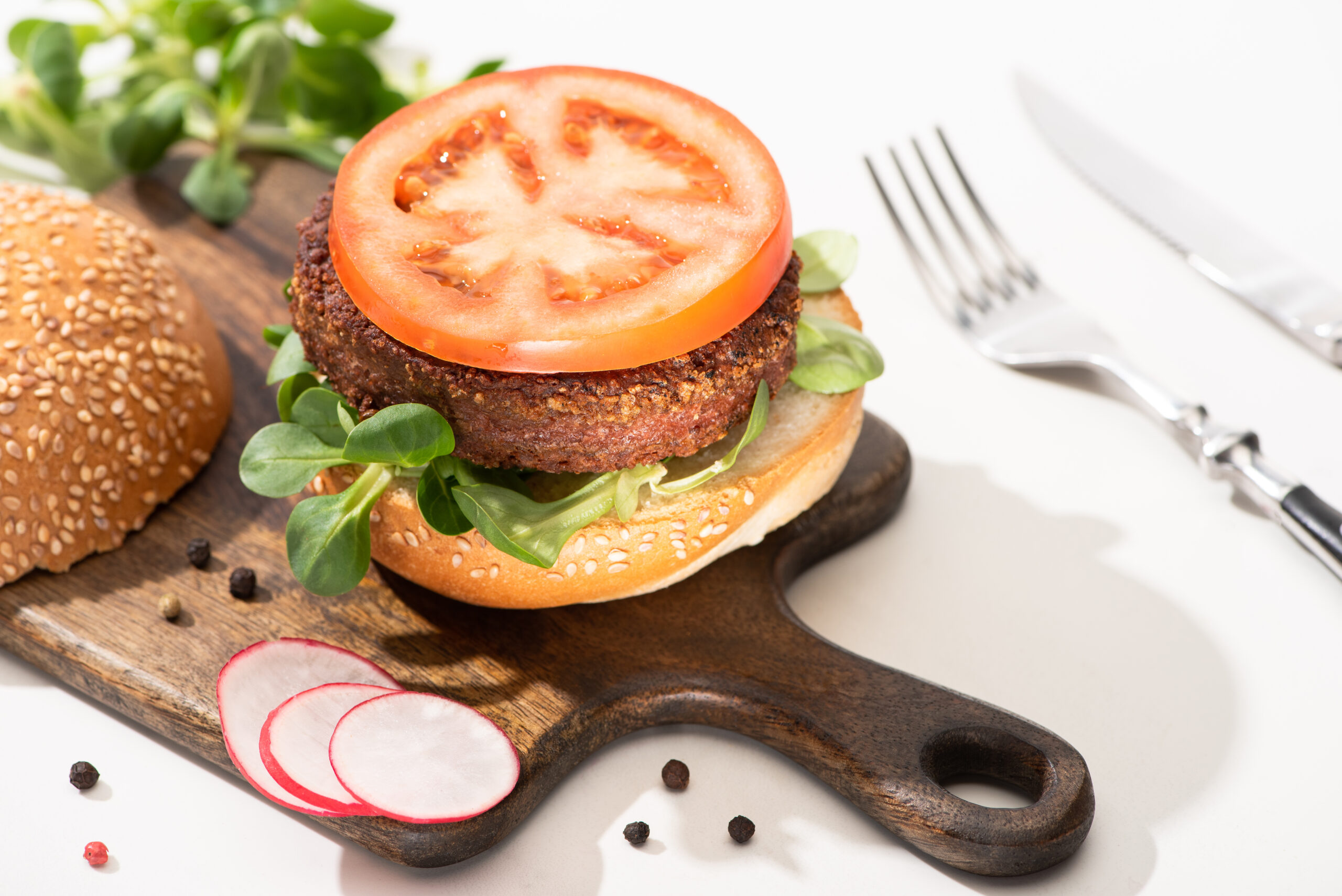
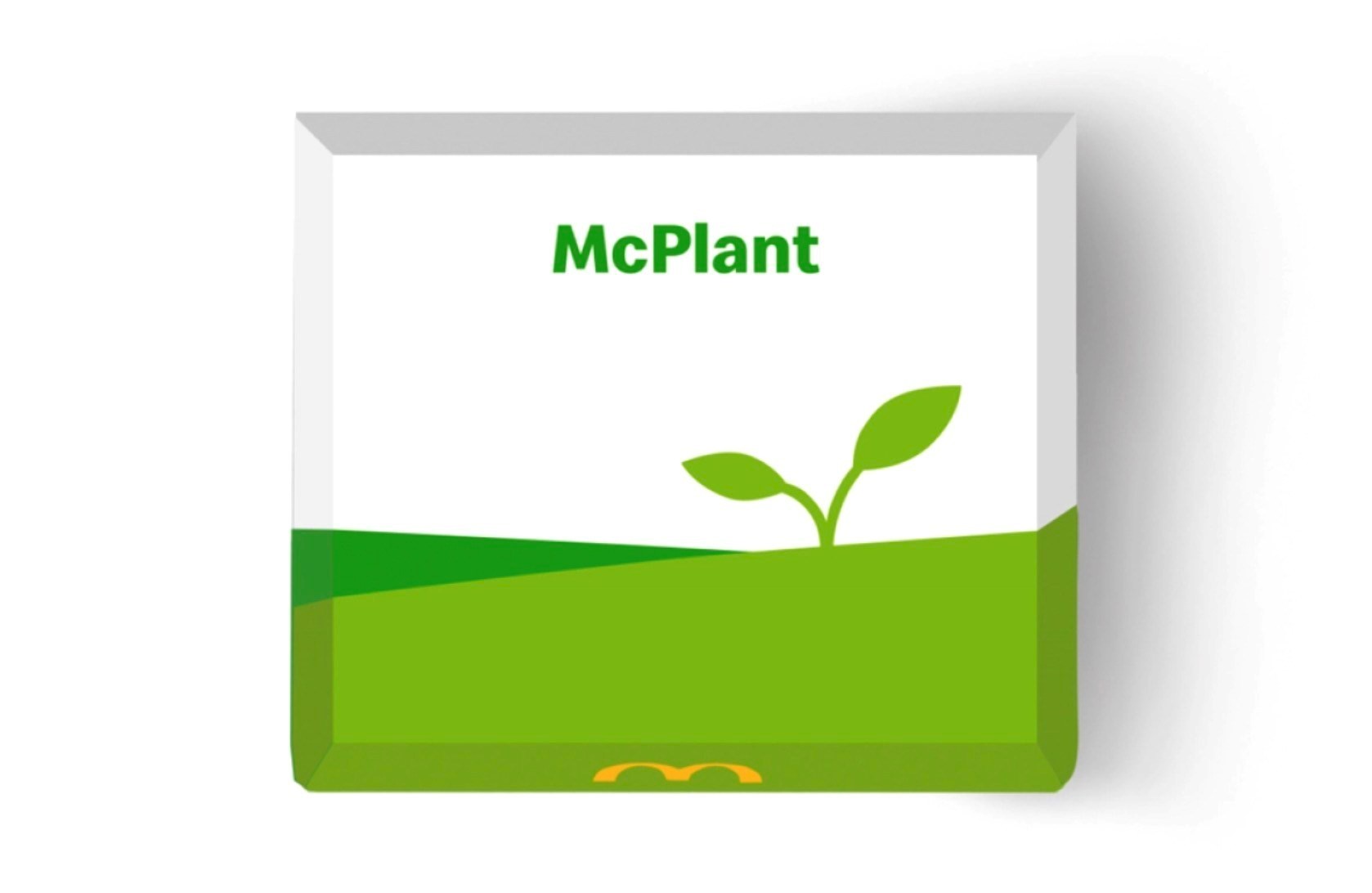
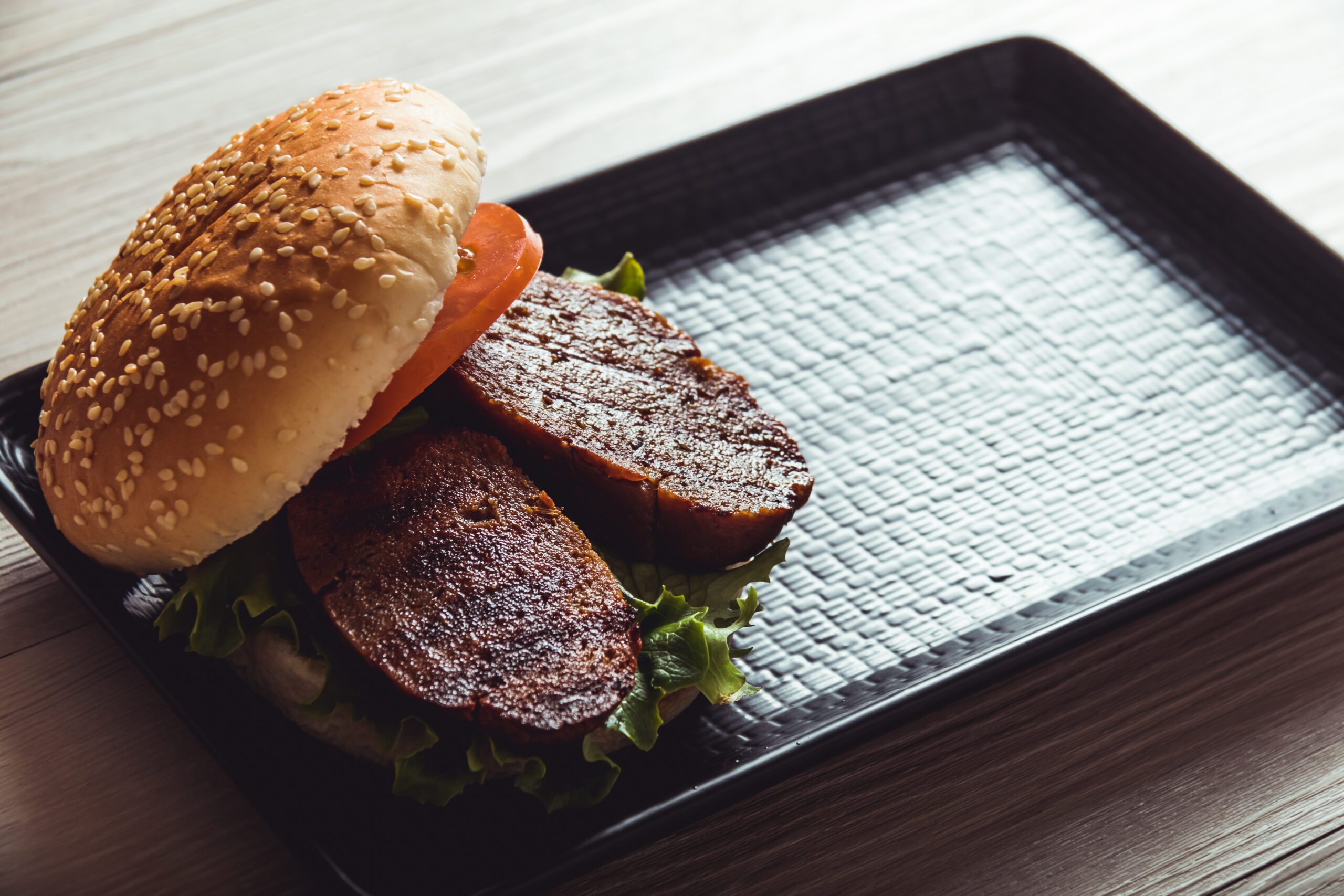
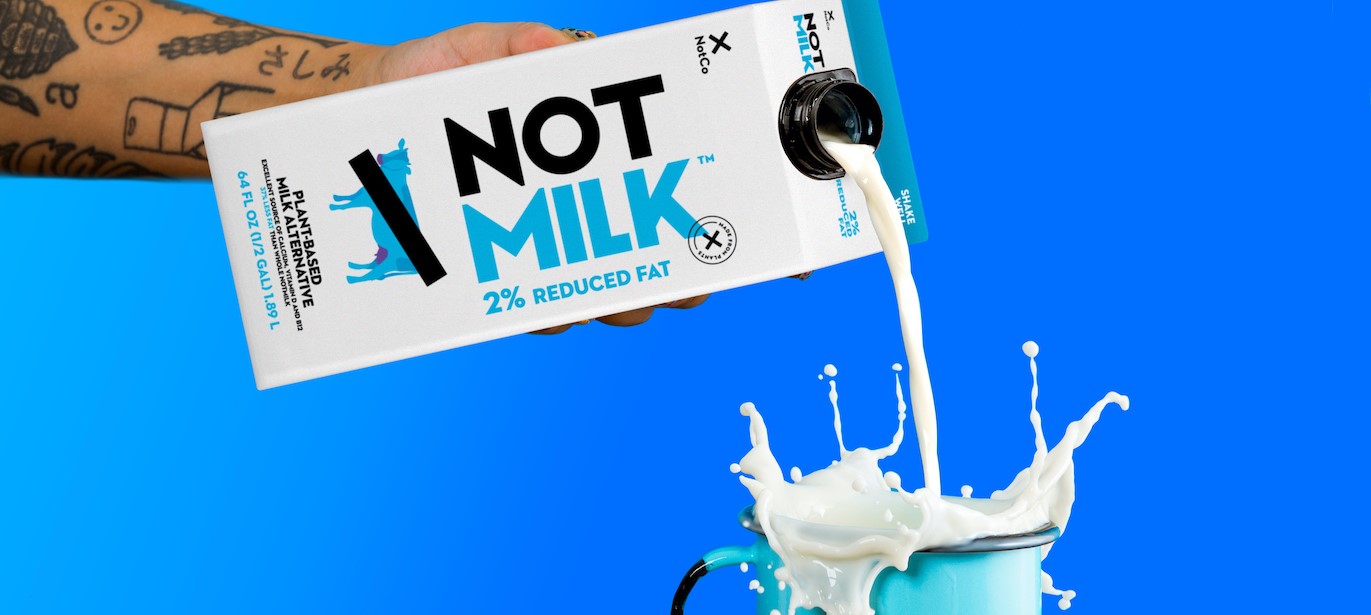
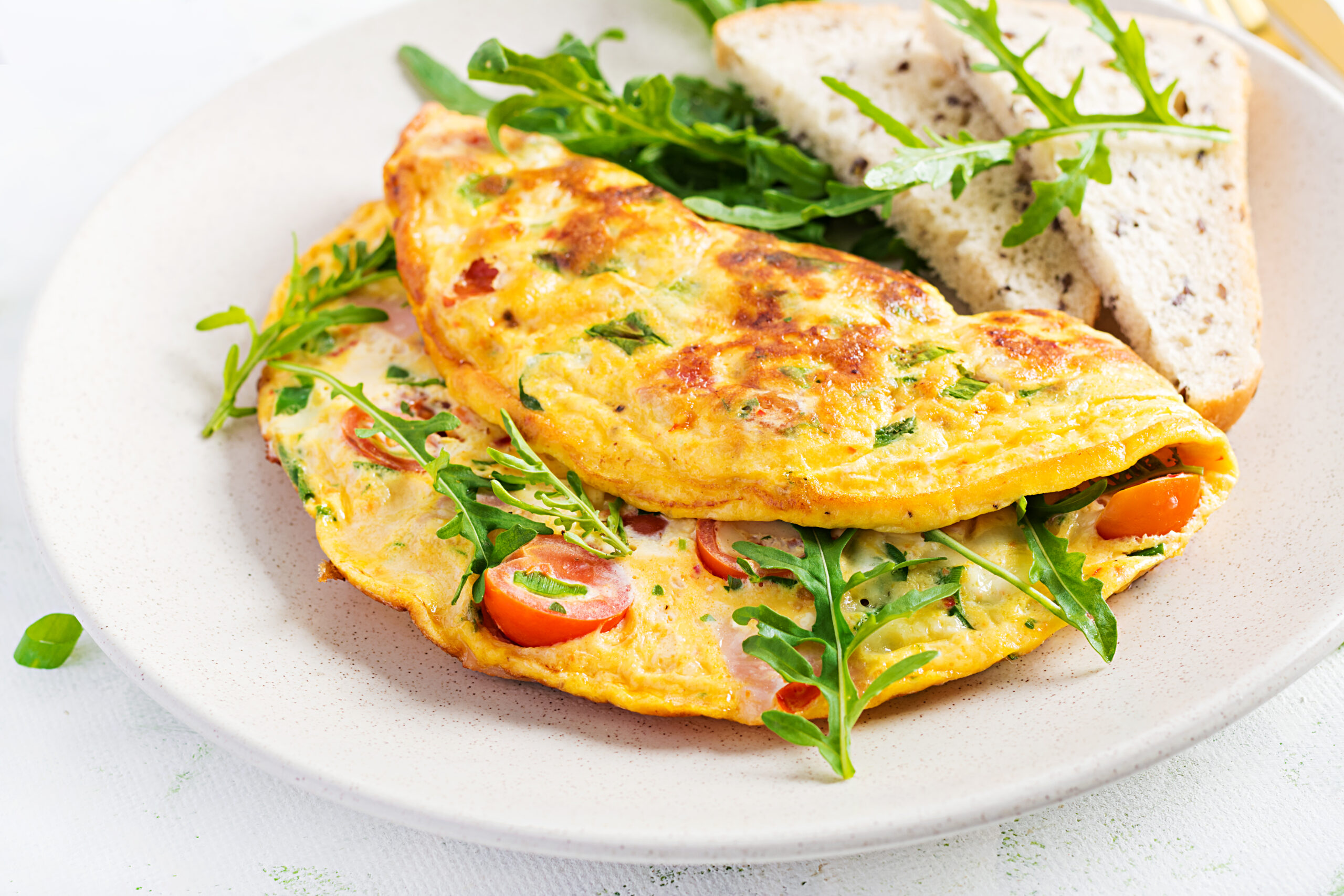



Join or login to leave a comment
JOIN LOGIN